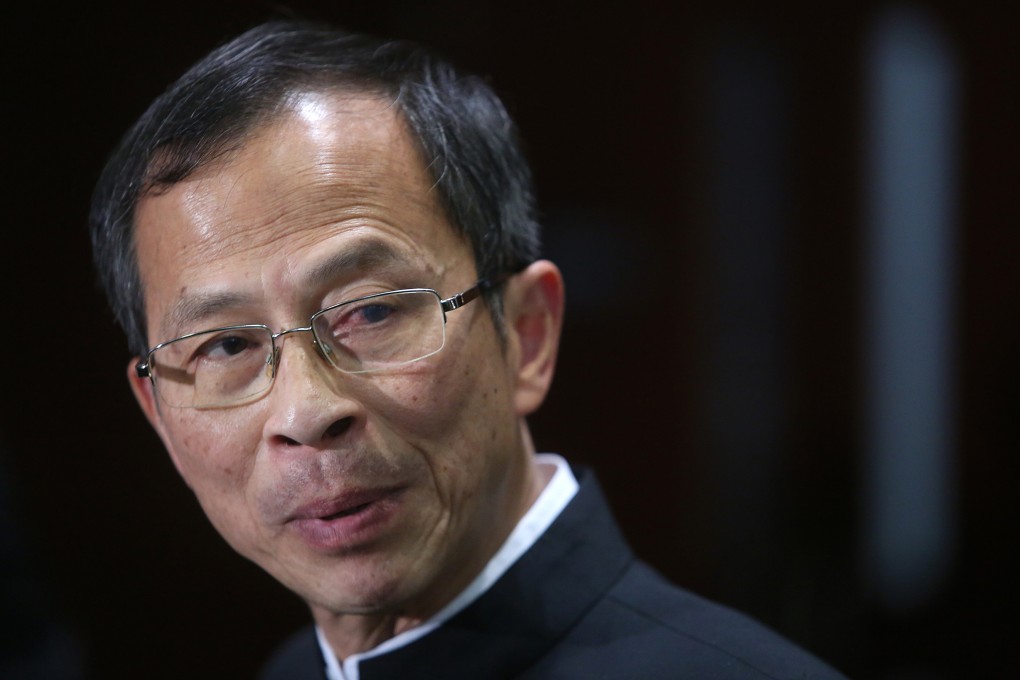Divided Hong Kong must cultivate its moderate voices
Susan Chan says to heal the social divide, Hong Kong leaders should work more with moderate voices such as Jasper Tsang and Ronny Tong

The Occupy movement has been dragging on for over 50 days now and many are watching anxiously to see when and how it will end, and how our society, now so divided, can heal, as well as how we can move forward on political reform.
To break the deadlock, we need renewed efforts by different camps and different sectors. Two political figures have stood out in the recent chaos for their ability to think beyond the boundaries of the camp to which they belong, and remain sensible.
The first is president of the Legislative Council, Jasper Tsang Yok-sing. After the attempted storming of the Legco building, Tsang said that he believed the attack was led by a group of people different from the Occupy protesters, even as pro-establishment legislators were linking the attack to the movement.
When he was interviewed recently by The New York Times, Tsang provided a balanced analysis of the current political scene, how the relations between the mainland and Hong Kong have changed since the return of sovereignty, and what may happen if there is no universal suffrage for the chief executive election in 2017.
In all this, he showed an understanding of the concerns and demands of both Hong Kong and the mainland. When commenting on the Occupy movement, he did not speak ill of the participants or resort to stereotypes, such as by repeating the claims that the students were "being manipulated".
The other standout is Ronny Tong Ka-wah. Unlike those who have twisted some concepts to justify the defiance of court injunctions, he has pointed out the dangers in doing so, and has placed the emphasis on the rule of law.
Before the Standing Committee of the National People's Congress laid down the framework for the 2017 chief executive election, Tong had put forward proposals that did not focus on the single element of public nomination, with a view to finding a middle ground.